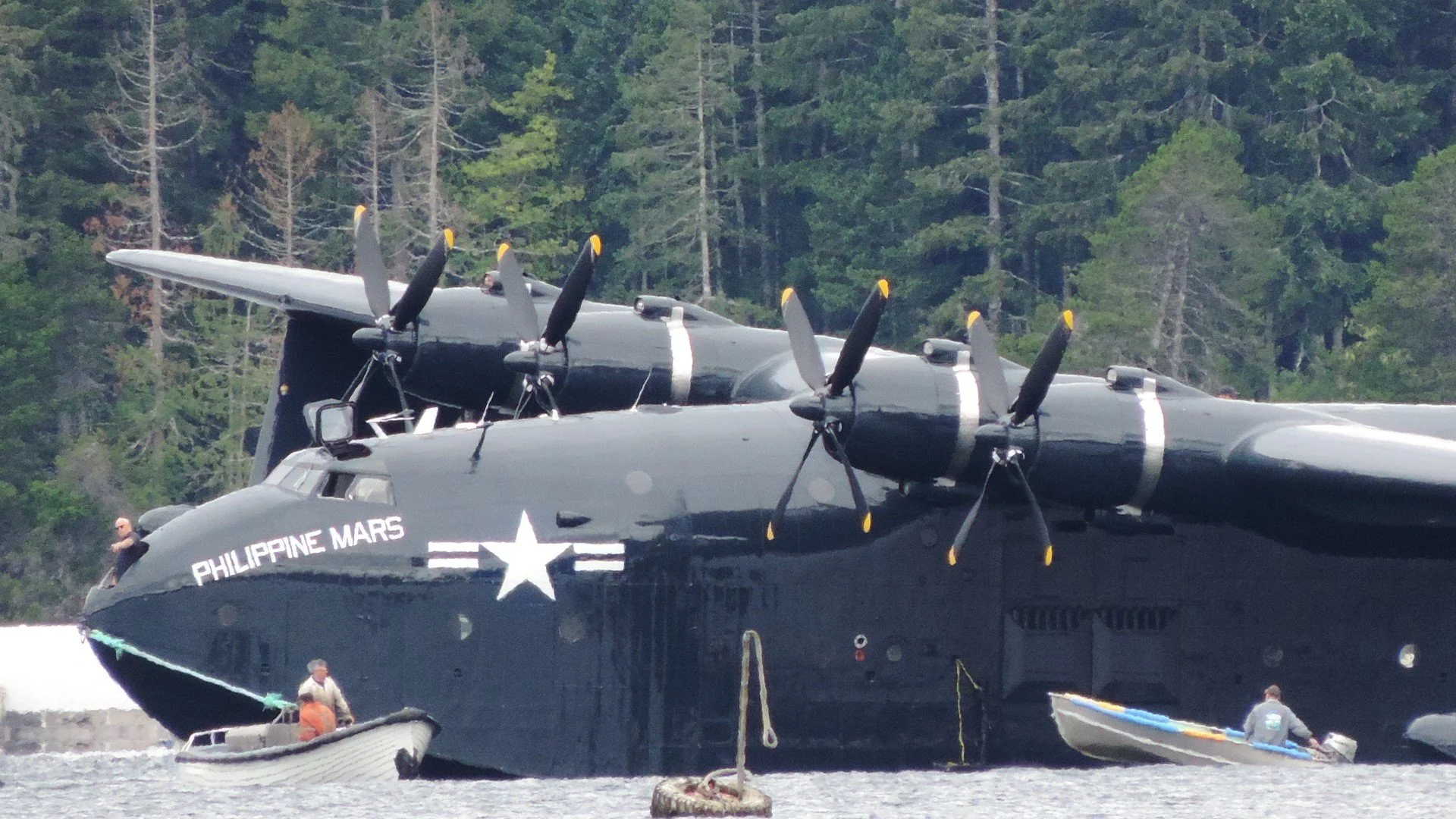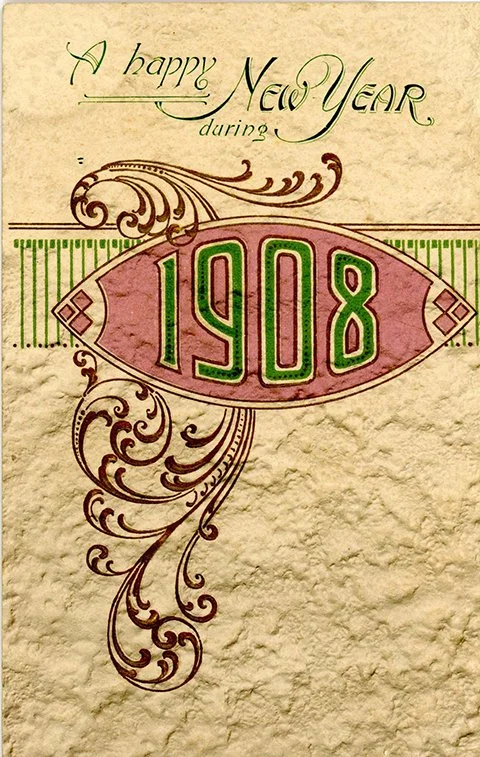Editorially speaking…
Can you believe it? 2025! A quarter of a century into the ‘new’ millennium!
Where did it go? More importantly, where is it going?
Well, here at the Chronicles, some things never change—just more stories to come about British Columbia’s rich and colourful history, of which there’s simply no end. As I’ve noted before, history is like digging a hole—it just gets bigger and bigger.
Hopefully, readers agree with my interpretations and iterations of the events and characters who came before us and who left their marks, if not always their names, on our national DNA and even our maps. Memory, after all, is about honouring.
And if some of our forebears were less than worthy, well...so be it. From a purely dramatic viewpoint, theirs can be the more interesting stories, their names the ones we remember even if we don’t do so with affection and respect. As that expression goes, “It is what it is.”
So, folks, it’ll be more of the same old, same old here at the Chronicles in 2025: more weekly adventure stories that inform as well as entertain.
* * * * *
The Philippine Mars in her original United States Navy blue. —Courtesy Andrew Waldegrave
At last report, the Philippine Mars is still at the Victoria International Airport, having been short-circuited in what was to have been her last-ever flight to the U.S There, like her sister the Hawaii Mars which is now on permanent display at he BC Aviation Museum, Sidney, she’ll be saved for posterity at a military museum in Arizona.
This has been her first time in the air since 2017 so it’s not really surprising that there have been mechanical problems.
Here’s hoping these will be soon sorted out and she can complete her flight into aviation history.
* * * * *
Nothing, as has been said, is written in stone. Not even on our maps where, you’d think, names would be sacrosanct if only because of the inconvenience and expense of changing them.
There have been several cases recently, some of them still in the works, of various First Nations wanting various geographical places changed back to their original Indigenous names, or removed because they’re perceived to be derogatory.
Then there are places on our landscapes named for pioneers who have, mostly legitimately, fallen into disfavour.
The latest case of topographical tinkering in the news is that of incoming U.S. president Trump wanting to revert the name of Alaska’s highest mountain peak. The previous (Obama) Democratic administration changed the name of Mount McKinley to Denali to “reflect the traditions of Alaska Natives as well as the preference of many Alaska residents”.
U.S. President William McKinley, 1897-19011. —Wikipedia
“Denali” is the Athabaskan name for “the high one,” or “the great one.” It was long known as Mount McKinley for a former American president who’d never set foot in Alaska. Apparently, there’s opposition to Trump’s idea even among his fellow Republican senators, so we’ll have to see how this one unfolds.
If there’s anything you can expect in American politics these days, it’s the unexpected...
* * * * *
Victoria author and historian Mark Zuehlke who specializes in Canadian military history (13 books so far) has been awarded the Order of Canada. Ironically, he says that when he began writing about it, Canadian military history “was seldom discussed, especially in popular media”.
That, of course, has changed, much in part to his tremendous contribution to our national heritage. Hopefully, he has more books to come.
* * * * *
Finally for today, and closer to home (mine), the City of Duncan lit up the outside of City Hall, Sept. 27-28, to acknowledge the British Home Children who were enrolled in the Prince of Wales Fairbridge Farm at nearby Cowichan Station during the 1930s and 1940s.
About 100,000 “home children” (not all of them orphans) were sent to Canada to learn agricultural and domestic skills then placed with rural Canadian families—not always with the happiest of outcomes. Like so many other institutions established for the welfare of needful children, the Fairbridge saga has its share of stories of emotional and psychological abuse.
* * * * *
Not the right note on which to conclude the first editorial ramble of 2025, but there you are. History—factual history—it goes without saying, is what it is.



